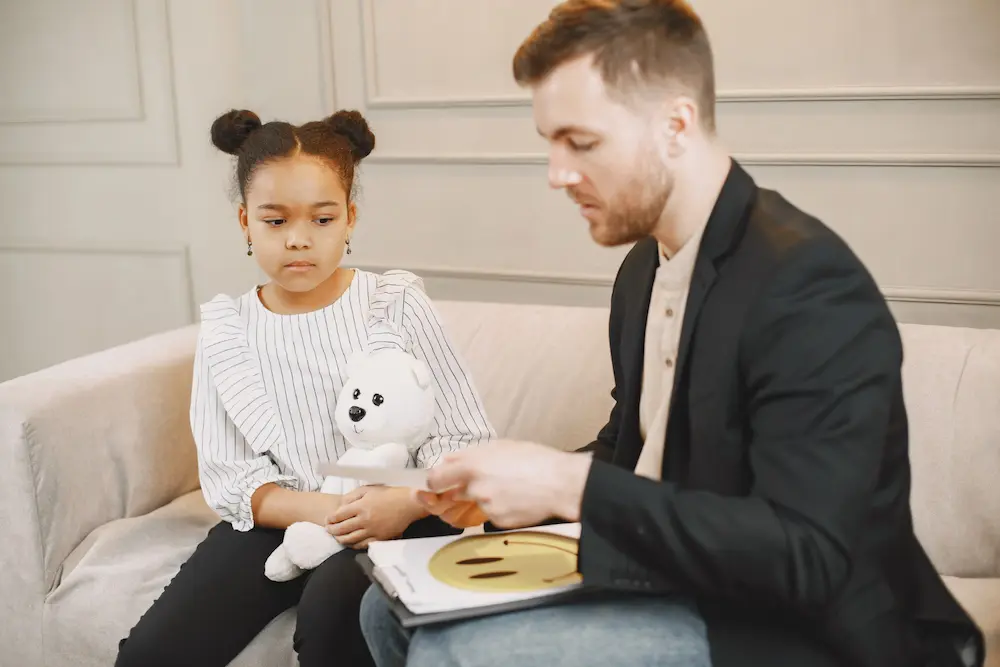
Is your child struggling with emotional outbursts or disruptive behaviour? While these reactions may seem frustrating, they often signal a deeper need for emotional regulation. Teaching children how to manage their emotions can significantly improve their behaviour and wellbeing.
Understanding Emotional Regulation
Emotional regulation is the ability to manage and respond to emotional experiences effectively. Children often face challenges when processing emotions like anger, frustration, or sadness, leading to behavioural issues. As parents and caregivers, it’s essential to provide guidance to help them navigate their feelings.
Why Emotional Regulation Matters
Children with strong emotional regulation skills are better equipped to manage stress, adapt to new situations, and maintain healthier relationships with others. Without these skills, emotional issues can manifest in behavioural problems such as tantrums, aggression, or social withdrawal. Helping your child understand their emotions can empower them to make better choices in challenging situations.
Practical Strategies for Emotional Regulation
Label Emotions
Start by teaching your child to recognise and name their emotions. Simple phrases like “I feel angry” or “I’m upset” can give them a clearer understanding of what they’re experiencing, reducing their impulse to act out.
Create a Calm-Down Routine
Establish a calming space or activity for your child when they feel overwhelmed. Deep breathing exercises, counting to ten, or engaging in a quiet hobby can help them regain control over their emotions before they escalate into behavioural issues.
Model Emotional Regulation
Children learn by observing the adults in their lives. When they see you managing your emotions calmly, they’re more likely to adopt similar behaviours. Demonstrate patience and use positive self-talk in difficult moments.
Set Boundaries and Expectations
Make sure your child understands the rules and consequences related to their behaviour. Consistent boundaries help them know what is expected and how they can meet those expectations while practising emotional regulation.
When to Seek Professional Support
Sometimes, emotional regulation difficulties may signal a need for professional support. If your child continues to struggle despite implementing these strategies, consulting a child psychotherapist can provide further insights and guidance. Emotional regulation is a learned skill, and early intervention can prevent long-term behavioural issues from developing.
Final Thoughts: Cultivating Emotional Awareness
Improving your child’s emotional regulation is a journey that requires patience, consistency, and understanding. With the right tools and support, children can develop healthier emotional responses, leading to improved behaviour and overall wellbeing.
By addressing emotional issues early and providing strategies for regulation, you’re setting your child on a path towards greater emotional resilience and happiness.